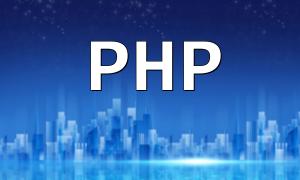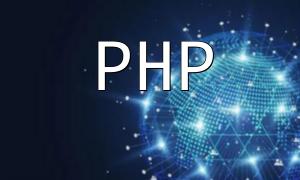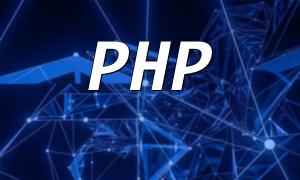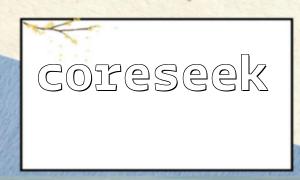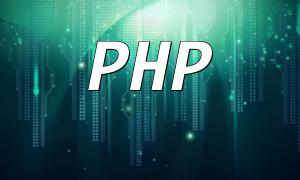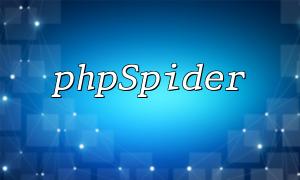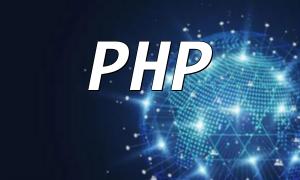In modern web development, PHP frameworks have become an indispensable tool. They help developers improve code maintainability, reusability, and performance, while also providing robust security and extensibility features. This article focuses on the advantages of PHP frameworks in these two key areas.
Security is a critical aspect of web development, especially in the face of increasingly complex cyber threats. PHP frameworks typically come with various built-in mechanisms to ensure application security and prevent common attacks.
SQL injection is one of the most common security vulnerabilities in web applications. PHP frameworks prevent this risk by using parameter binding and prepared statements, ensuring that database queries are safe from injection attacks.
Cross-site scripting (XSS) allows attackers to inject malicious scripts into web applications, which can compromise user data security. PHP frameworks often include XSS filters that automatically sanitize and remove harmful scripts, effectively preventing such attacks.
To protect sensitive information during transmission, PHP frameworks support the HTTPS protocol, ensuring that data between the client and server is encrypted and maintained with integrity.
PHP frameworks typically enforce session management, ensuring that each user session has a unique identifier that is tied to user authentication and authorization, preventing session hijacking and other security vulnerabilities.
Extensibility is a critical feature of web applications, allowing them to grow and adapt as demands change. PHP frameworks offer modular designs and flexible extension mechanisms, ensuring that developers can add new features without interrupting system functionality.
Most PHP frameworks adopt modular architectures, particularly the MVC (Model-View-Controller) pattern, which makes it easier for developers to manage and extend various functional modules of the web application.
To enhance system flexibility, PHP frameworks provide plugin and extension mechanisms, allowing developers to add new features without modifying the core code, thus ensuring better maintainability of the system.
PHP frameworks often offer a wide range of configuration options, allowing developers to adjust the framework's behavior to meet specific needs, thereby improving development efficiency and flexibility.
To simplify development, PHP frameworks typically support integration with third-party libraries, enabling developers to quickly implement common functionality and avoid reinventing the wheel.
In summary, PHP frameworks provide web developers with a powerful set of tools that enhance the security, extensibility, and efficiency of web applications. Although PHP frameworks are not a one-size-fits-all solution, they offer a wide range of features that help developers meet various challenges. When selecting a PHP framework, developers should make the most suitable choice based on their specific needs.
